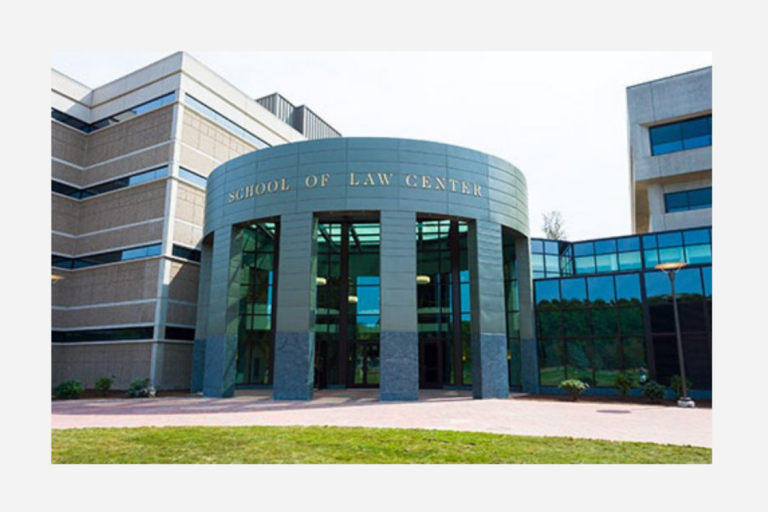By Tyler Roberts
In an effort to create a larger, more diverse applicant pool, Harvard Law School will begin accepting the Graduate Record Examination (GRE) scores from applicants this fall. The move could have a domino effect on the application process at other law schools.
The Ivy League is just the second law school to reconsider the LSAT as the main admissions standard. The University of Arizona James E. Rogers College of Law began accepting GRE scores last year.
Like the University of Arizona, Harvard examined the GRE scores of current and former students who had taken both admissions tests. The schools wanted to figure out if the GRE is a valid predictor of first-year performance, and the results indicated that indeed it is.
Although Harvard, which is ranked as the top law school worldwide, has not suffered from falling enrollment rates, the use of GRE scores in lieu of the LSAT could make law school more accessible to international students and students with science, math, engineering and technology backgrounds.
“Harvard Law School is continually working to eliminate barriers as we search for the most talented candidates for law and leadership,” Harvard Law School Dean Martha Minow said in an announcement of the program. “For many students, preparing for and taking both the GRE and the LSAT is unaffordable. All students benefit when we can diversify our community in terms of academic background, country of origin, and financial circumstances.”
The use of the GRE as an admission standard was hotly contested after the University of Arizona announced last year that it would consider the test during its admissions process. The Law School Admission Council, which manages LSAT administration, even threatened to expel the university.
Now, however, the legal community seems to be warming up to the idea of allowing prospective students to apply for admission using GRE scores.
If more schools follow, the acceptance of the GRE as an equal, alternative admissions test could potentially increase law school enrollment nationwide.
“Harvard Law School’s decision to allow applicants to submit GRE scores instead of LSAT scores has the potential to create a domino effect among other law schools,” said Jeff Thomas, executive director of pre-law programs at Kaplan Test Prep. “When Harvard changes their admissions strategy, other law schools take notice.”
Kaplan Test Prep conducted a survey in May of 2016 to see just how many law schools were considering adopting the GRE as an alternative admission test to the LSAT. Of the 125 law schools surveyed, 56 percent said there were no plans to use the GRE, 14 percent said there were plans to use the test, and the remaining 30 percent were on the fence.
“We think that number is likely to increase over the next few months,” Thomas said. “However, for the vast majority of students, this change will have no immediate impact.”
As law schools grapple with deciding whether or not to follow Harvard’s lead, applicants would be well-advised to continue taking the LSAT since it is still the only test accepted by most law schools, Thomas said.
The American Bar Association will review potential changes to the rules governing which tests may be considered during law school admissions, however, there is no requirement that the LSAT be used exclusively. To maintain accreditation, law schools are mandated to use a “valid and reliable admission test” during the admission process.
Photo by Chensiyuan. – Own work., GFDL, https://commons.wikimedia.org/w/index.php?curid=8485187






